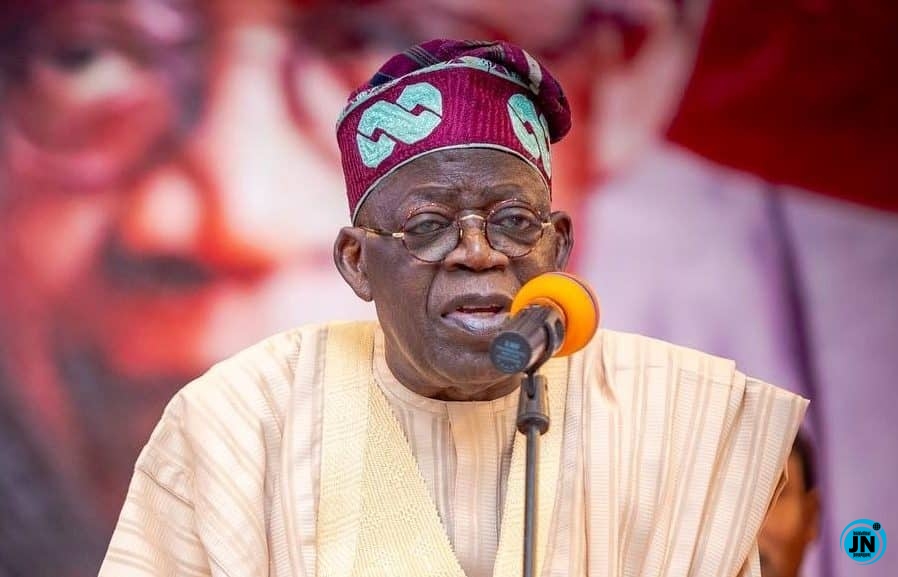President Bola Tinubu‘s loan request of ₦1.77 trillion ($2.2 billion) has officially been approved by the House of Representatives. This development follows the earlier approval of the same request by the Senate, marking a significant step in the administration's efforts to address the nation's budgetary deficit.
The approval by the House came after the Committee on Loans and Debt Management presented a detailed report during Thursday’s plenary session, presided over by House Speaker Tajudeen Abbas. Members of Parliament (MPs) thoroughly reviewed the report before unanimously granting the president’s request.
Similarly, the Senate had previously deliberated and approved the loan request after examining a report submitted by Aliyu Wamakko, the chairman of the Committee on Local and Foreign Debt. During the session, Deputy Senate President Jibrin Barau, who chaired the meeting, commended the committee for its prompt and meticulous handling of the loan proposal.

At the prevailing exchange rate of N800 to the dollar, the $2.2 billion loan translates to approximately ₦1.7 trillion. The funds are earmarked to cover a significant portion of the ₦9.1 trillion deficit projected in the 2024 national budget. This borrowing initiative aligns with President Tinubu's earlier request to the National Assembly, seeking their approval for an external borrowing plan totaling ₦1.767 trillion to partially address the ₦9.7 trillion budget deficit outlined in the 2024 appropriation act.
The approval of this loan has generated widespread reactions, as it underscores the federal government's commitment to implementing its economic plans despite fiscal challenges. It also highlights the growing reliance on external borrowing to bridge gaps in Nigeria’s national budget.
Meanwhile, in a related development, the House of Representatives rejected a proposed bill seeking to introduce a six-year single term for the Offices of the President, State Governors, and Local Government Area Chairmen. This bill aimed to amend the 1999 constitution and was touted as a potential solution to curb financial wastages associated with four-year electoral cycles.
The proposed bill, which passed its first reading four months ago, was presented for a second reading during Thursday’s plenary session. However, after rigorous debates and deliberations, MPs rejected the bill, citing various concerns regarding its feasibility and potential implications for Nigeria's democratic structure.
The rejection of the six-year single-term bill signifies the lawmakers’ preference to retain the current four-year tenure system, which allows for periodic elections and opportunities for re-election. While the proposed amendment aimed to reduce costs and enhance governance, it faced significant opposition from those who believe it might limit democratic participation and accountability.
As Nigeria navigates these critical policy decisions, both the approved loan and the rejected bill reflect the complexities of governance and the delicate balance required to address pressing economic and political challenges.

